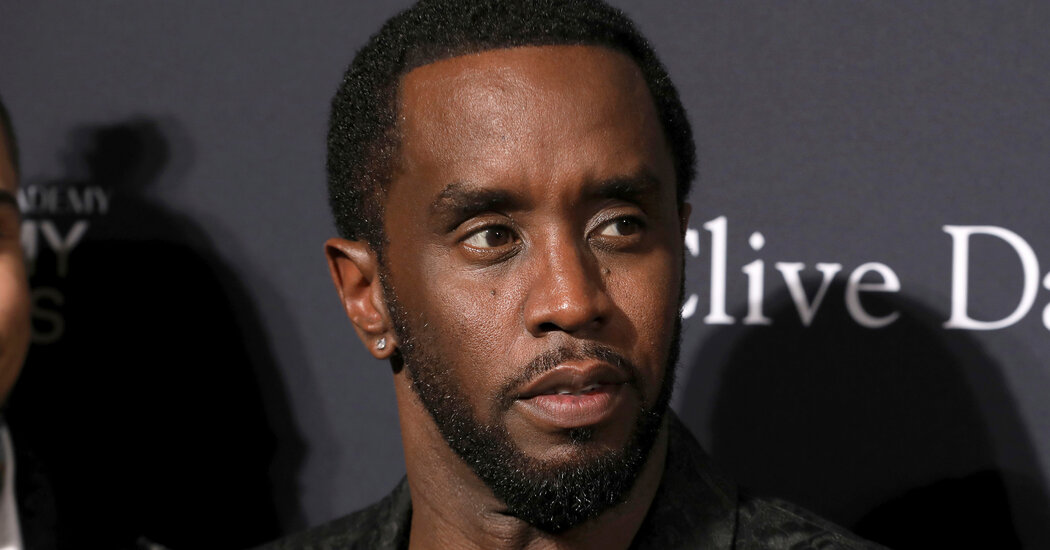Copyright Business Insider

Do you know what your job will look like a year from now? How about in three, or even five? EY, one of the top four global accounting and consulting firms, is using AI to help its employees answer those questions. The Big Four firm has developed a training program, known as AI Now 2.0, that acts as a "thought partner" to help its employees foresee how their roles will evolve as a result of AI, Simon Brown, global learning and development leader at EY, told Business Insider in an interview. Staff answer a series of questions about their job, day-to-day responsibilities, and overall deliverables, then upload the answers to EYQ, the firm's internal Chat GPT-like tool. EYQ then generates an analysis of how their current role might change because of the impact of AI, and helps them identify the skills, knowledge, and abilities they might need in the future. The tool isn't trying to predict with certainty what an accounting or consulting role will be in five years' time, said Brown. "It's hard to predict where many of these roles will be in the future, so we are not relying on AI to do that," he said. Instead, it's aimed at helping EY staffers identify how they can better use AI in their current jobs and engage with what to expect from their future path at EY and what skills they'll need to succeed in that, said Brown. EY launched AI Now 2.0 in January this year. Brown said that using the programme is voluntary, but around half of EY's 406,000 global employees have engaged with it, and all new recruits take the training as part of their onboarding process. Developing an enterprise-wide training that could also be personal to each individual has been key, said Brown. "It helps to show and bring to life in a totally relevant way where AI might be able to help them," he said. Related stories Business Insider tells the innovative stories you want to know Business Insider tells the innovative stories you want to know Upskilling the workforce AI is already taking on everyday tasks that employees once handled, reshaping the skills employers prize most, and making workforce transformation a priority for HR departments. Upskilling the workforce for AI is even more of a business imperative for consulting leaders — who act as advisors to the world's leading companies and must demonstrate to their clients that their own teams successfully embody the AI expertise they promote. "We all know that 40% of our current skills will be different skills in five years. The technical skills you need to upskill, but you need to have the mentality, to be able to do that," Imgard Naudin ten Cate, global leader of talent acquisition at EY, told Business Insider. "We'll definitely see so much more skills and skills erosion. So making sure that you can make that transition is so important," she said. Fellow Big Four firm PwC has designed a program to train employees in managing risks and leadership in the AI era. The program of resources includes "appealing online content, in-person training, hackathons, and game show-style competitions." At KPMG, Niale Cleobury, global AI workforce lead, told Business Insider the firm has tackled the workforce transformation challenge by developing an AI tool that breaks down roles by tasks, thinks about AI use cases, and looks at capacity savings. "We can put in every role in the whole organisation and within a couple of minutes we can get all of that insight in terms of skill differences," Cleobury said.



